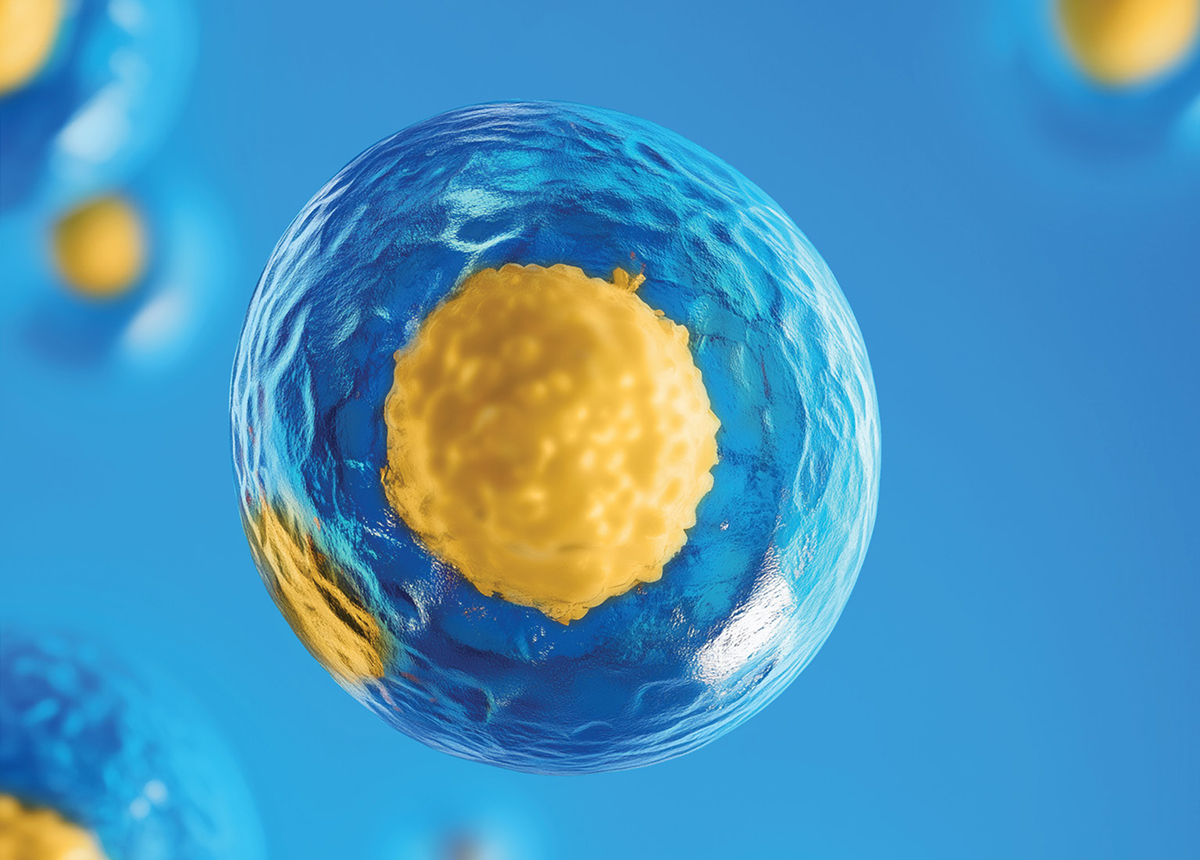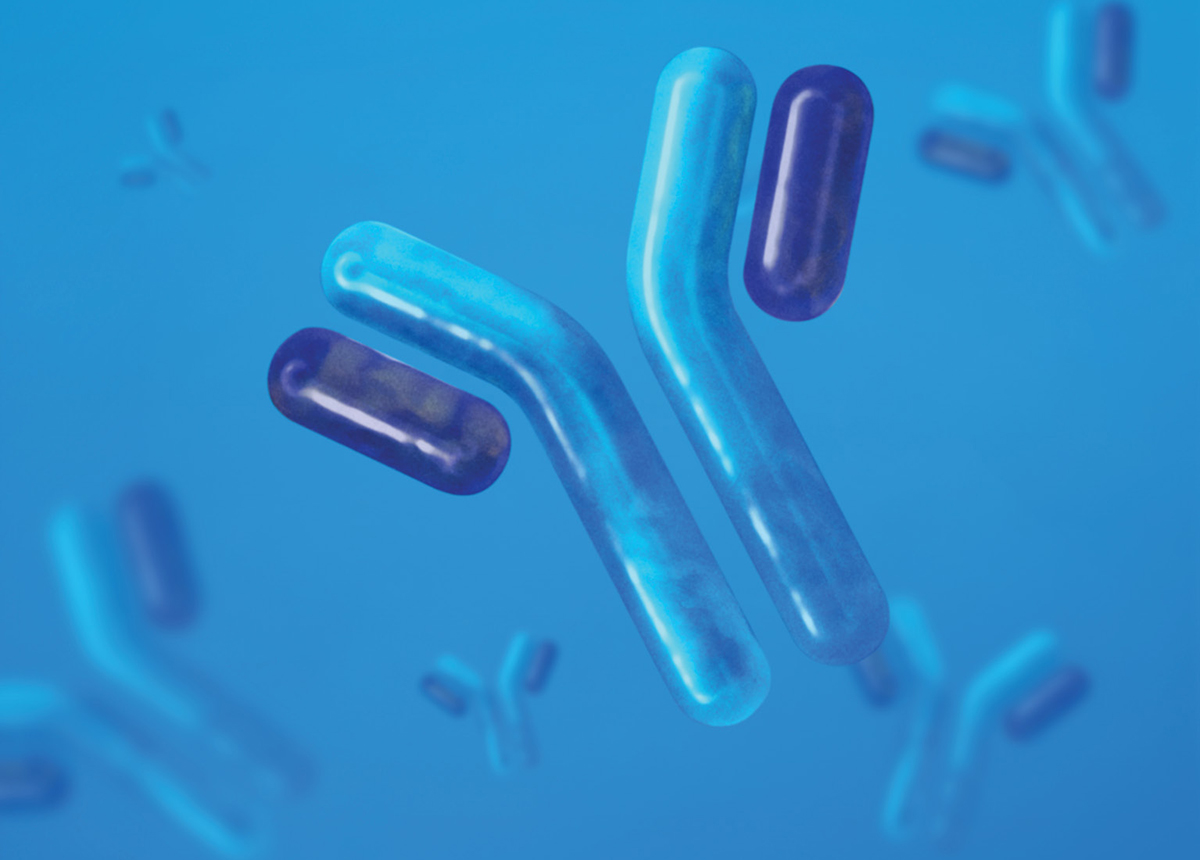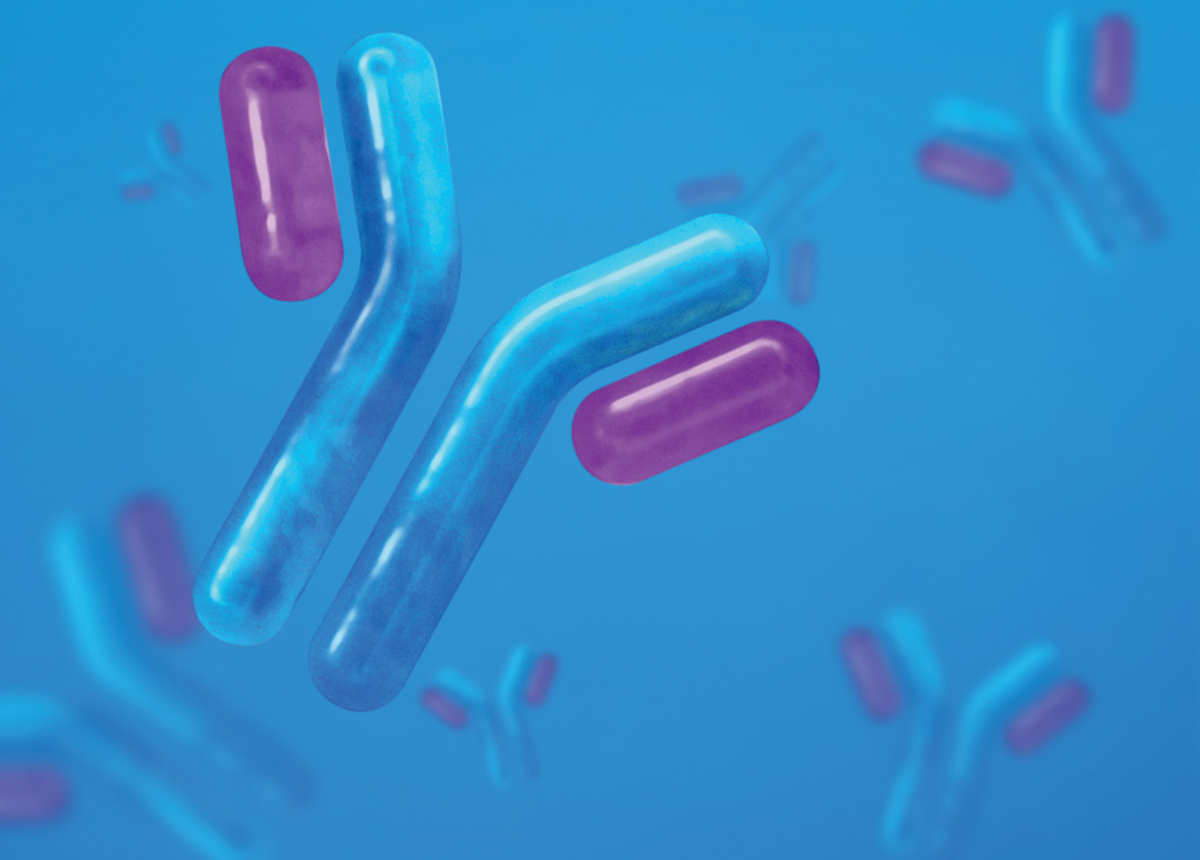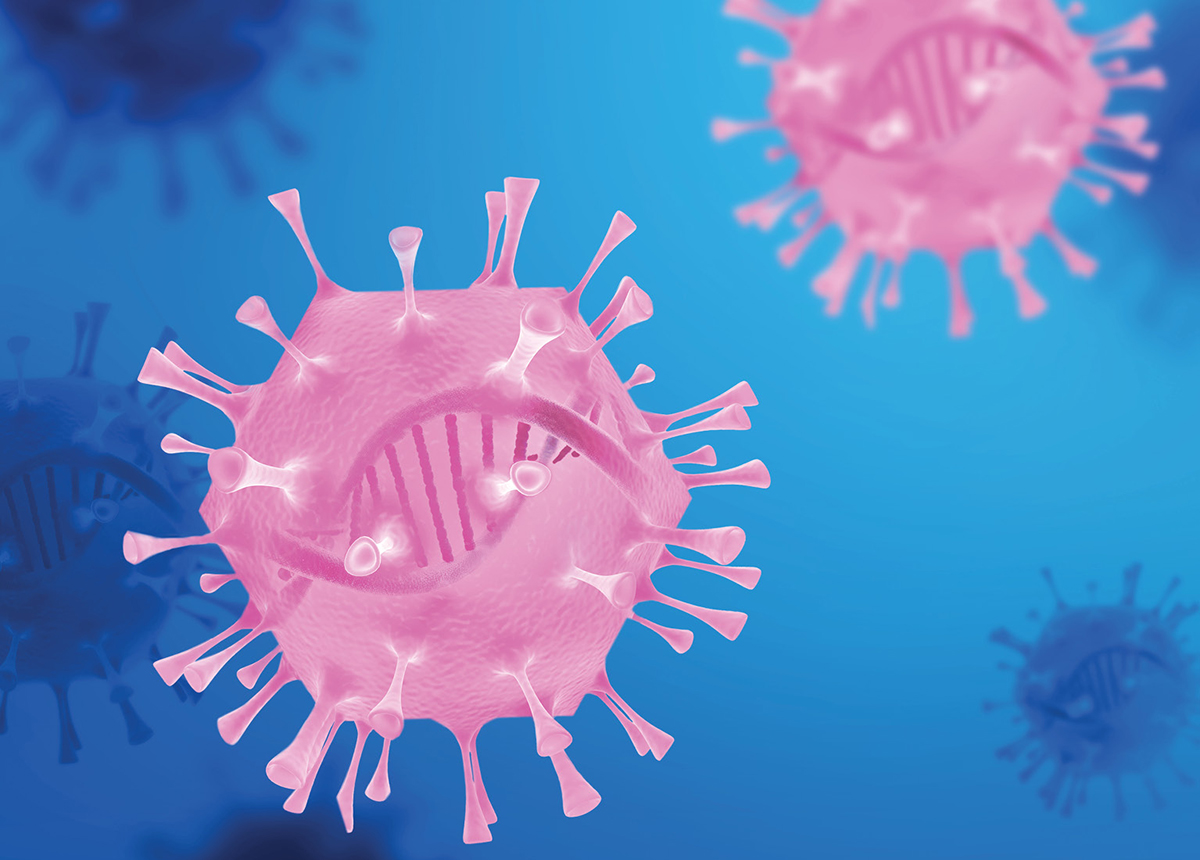Conclusions
- The supplementation of Recombinant Insulin to a chemically-defined medium, improved cell proliferation and VLP production in Sf9 cells.
- Supplementation with 1 mg/L Recombinant Insulin led to a 1.2-fold increase in VLP production, demonstrating its potential for enhancing VLP yield in Sf9 cell culture.
Background
Virus-like particles (VLPs) stand as promising tools for vaccination and gene therapy. The insect cell/baculovirus expression system has demonstrated its efficacy in expressing complex proteins with high yields and proper post-translational modifications. Among insect cells, the Sf9 cell line is widely used thanks to its ability to achieve high cell densities, absence of human pathogens, and reduced culture requirements.
This study shows the impact of supplementing a chemically-defined medium for Sf9 cells with Recombinant Insulin on cell growth and baculovirus-mediated VLP production.
Study Description
In this study, the baculovirus Autographa californica multiple nucleopolyhedrovirus (AcMNPV) was utilized to produce HIV-1 Gag VLP proteins. The gene of interest was placed after a strong promoter to drive the expression of high levels of HIV-1 Gag VLP. The Gag gene was fused in frame to eGFP to ease product quantification. Insulin was supplemented to Sf9 cells infected with the baculovirus, growing in a commercially available chemically defined media. Cell proliferation was monitored for 10 days and VLP production was measured.

Figure 1: Improved Sf9 cell culture performance and VLP production with Recombinant Insulin. (A) Insulin increases viable cell density and viability of SF9 cells by 1.2-fold. (B) VLP production is enhanced 1.2-fold with the addition of Recombinant Insulin. (C) VLP size distribution confirms that the VLP produced in the presence of insulin are of expected size.



